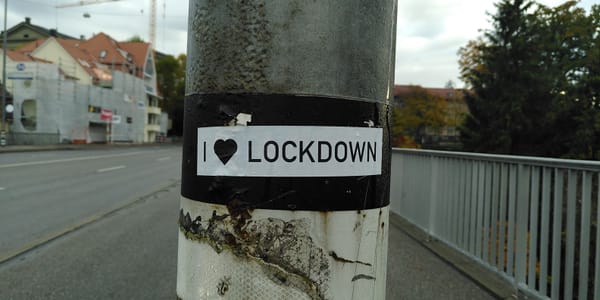Over Labor Day weekend, a record-breaking heat wave descended on California, straining the capacity of an electrical grid already stretched thin by decades of disastrous policy. In response to the scorching temperatures, the administration of the University of California, Los Angeles, reverted to a measure widely implemented during the Covid-19 pandemic, asking students, faculty, and staff to work remotely for the week. The policy was necessitated, the college explained, by the heat wave’s “impact on the campus cooling system.”
A few days later, on the other side of the world, European Commission President Ursula von der Leyen delivered a speech addressing the escalating energy crisis facing the Continent, for which she blamed “Russian manipulation” as well as climate change. Like the UCLA leadership, van der Leyen returned to the pandemic-era toolkit, urging citizens to “flatten the curve” of energy consumption; whether two weeks would suffice went unstated.
It’s 2022, and climate lockdowns are already here—they are just unevenly distributed.
“Keeping the lights on becomes the duty of citizens.”
